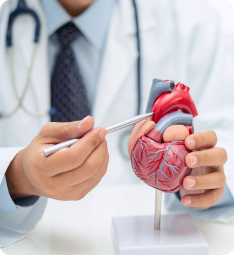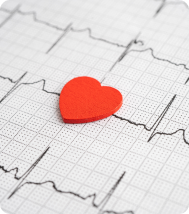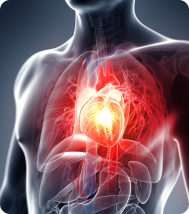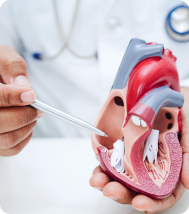What You Need to Know About Angioplasty
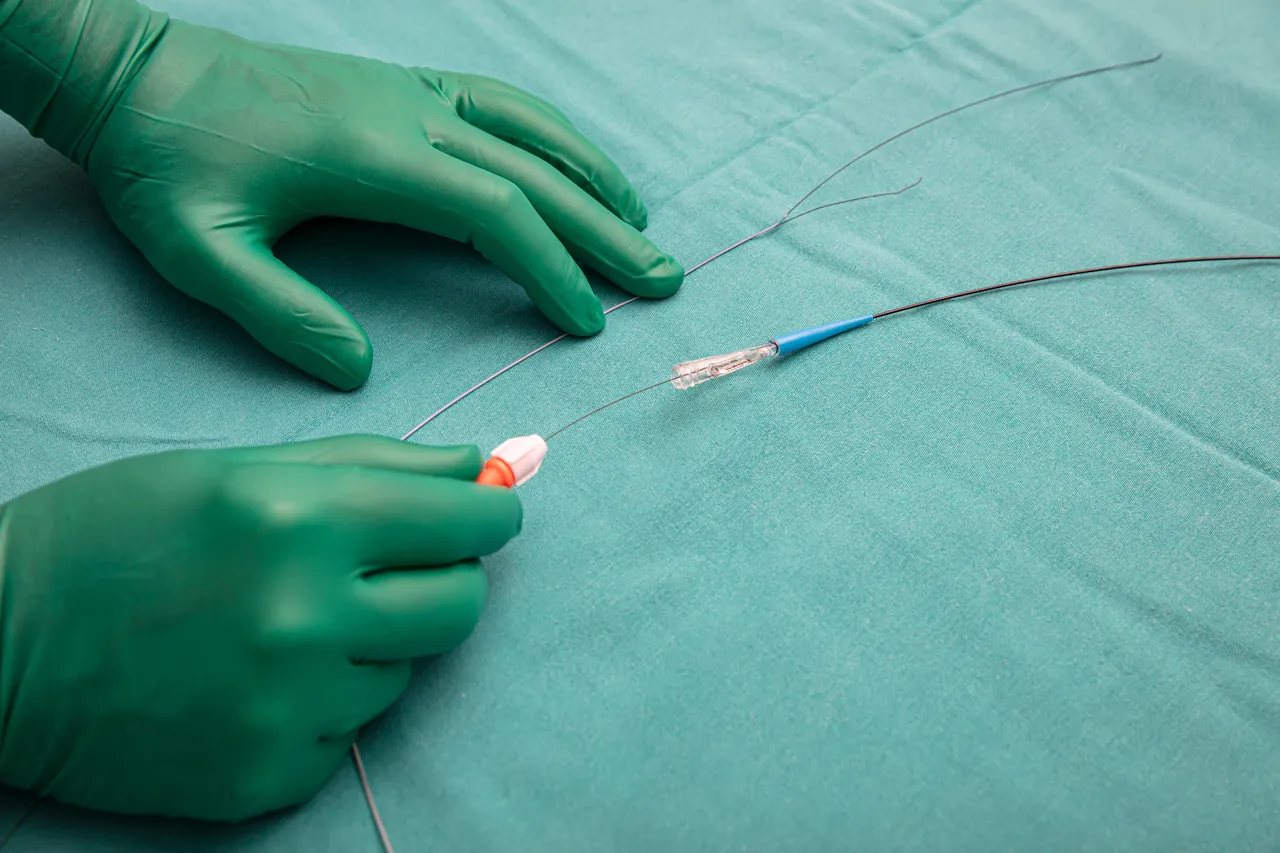
The heart is responsible for pumping blood to the entire body. When our coronary arteries are clogged by plaque, blood flow becomes restricted. Common symptoms include angina, also known as chest pain, and shortness of breath. One of the ways to address this is angioplasty treatment.
Is angioplasty a suitable treatment for me?
Coronary angioplasty, also referred to as percutaneous coronary intervention (PCI), is a procedure that provides sufficient passage to narrowed or clogged arteries using a hollow balloon catheter. It involves using a balloon catheter and inflating the balloon inside the affected artery, to widen it, keep the arterial walls open and restore blood flow.
To keep the artery open, a mesh stent is typically inserted into the artery during the angioplasty procedure. This stent helps keep the artery open and reduce the risk of angina from developing.
Angioplasty can be a suitable treatment for you if you experience any of the following:
- Your heart health has not improved despite proper medical intervention
- Persisting and worsening angina symptoms
- A heart attack. Angioplasty works to quickly widen and prop open the clogged artery
What to expect post- angioplasty treatment?
When a clogged artery is treated earlier, the better. It relieves angina symptoms, prevents the need for a more invasive open-heart surgery (should the condition worsen), and reduces the risk of developing heart failure or even a heart attack.
The recovery period for an angioplasty is usually brief. Typically, you can be discharged from the hospital after 12 to 24 hours. You should be able to resume normal activities including going to work in about a week’s time.
Post-treatment care includes taking medication prescribed by your heart specialist and maintaining a healthy lifestyle. To maintain a healthy heart, some lifestyle tips include: quitting smoking, adopting a diet low in saturated fat and engaging in regular exercise.
However, if you experience a recurrence of symptoms like angina or shortness of breath, please consult a cardiologist and seek medical attention immediately.
Meet Our Cardiologist
Dr Eric Hong
MB BCh (Ireland), MRCP (United Kingdom) FAMS (Cardiology), DIP (CBNC, USA) FSCAI (SCAI, USA), FACC (ACC, USA) FESC (European Society of Cardiology, France) FRCP (Edinburgh, United Kingdom)

Dr Eric Hong is a dedicated cardiologist in Singapore with over 20 years of experience caring for heart patients.
He is one of few cardiologists in Singapore who subspecialises in interventional cardiology, nuclear cardiology, and multi-modal cardiac imaging. Committed to achieving the best possible outcomes for his patients, heart specialist Dr Eric Hong brings diverse experience from Ireland and the United States, and is double fellowship-trained in the USA.



